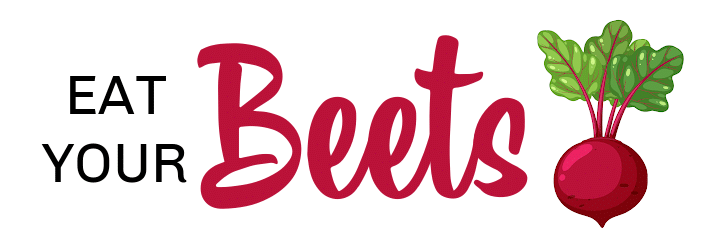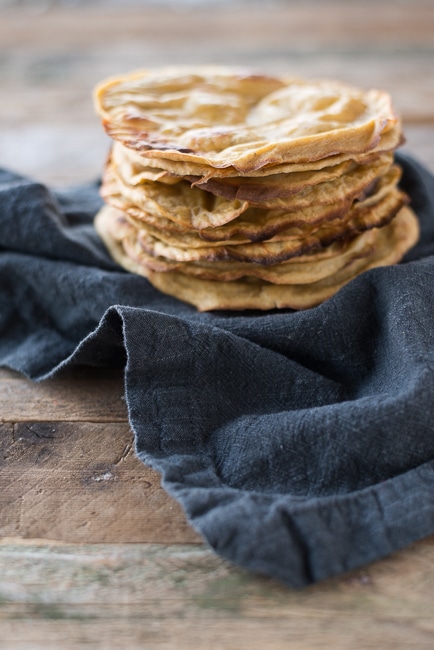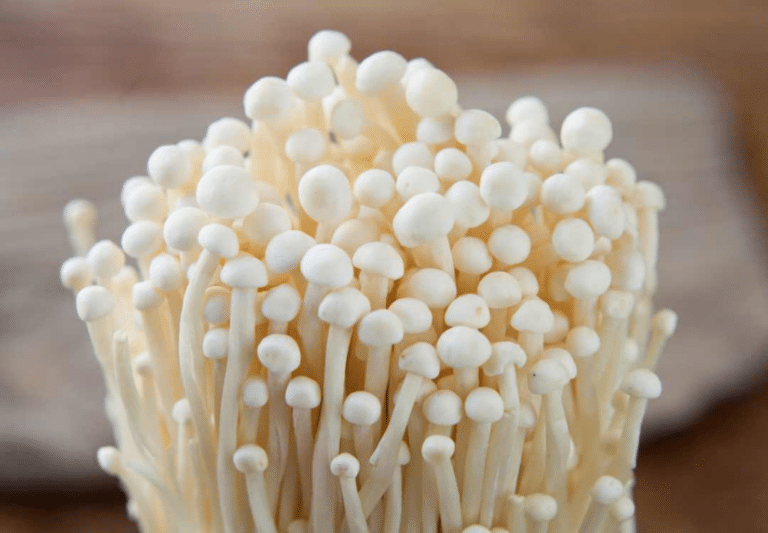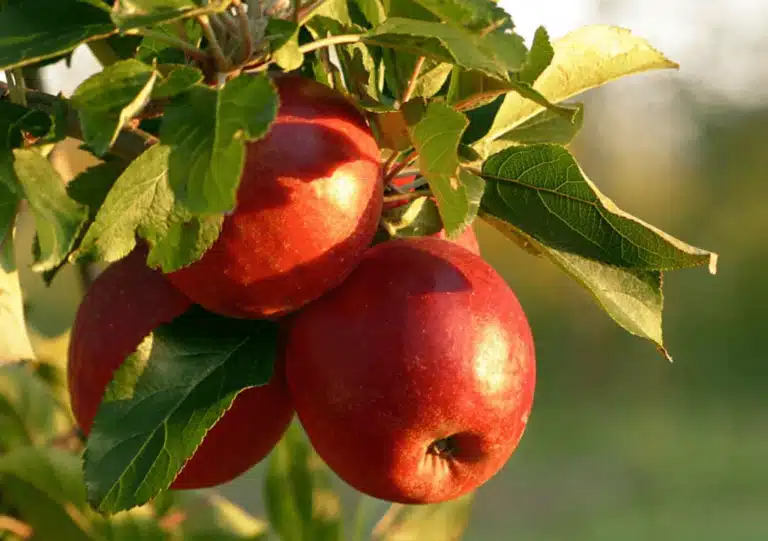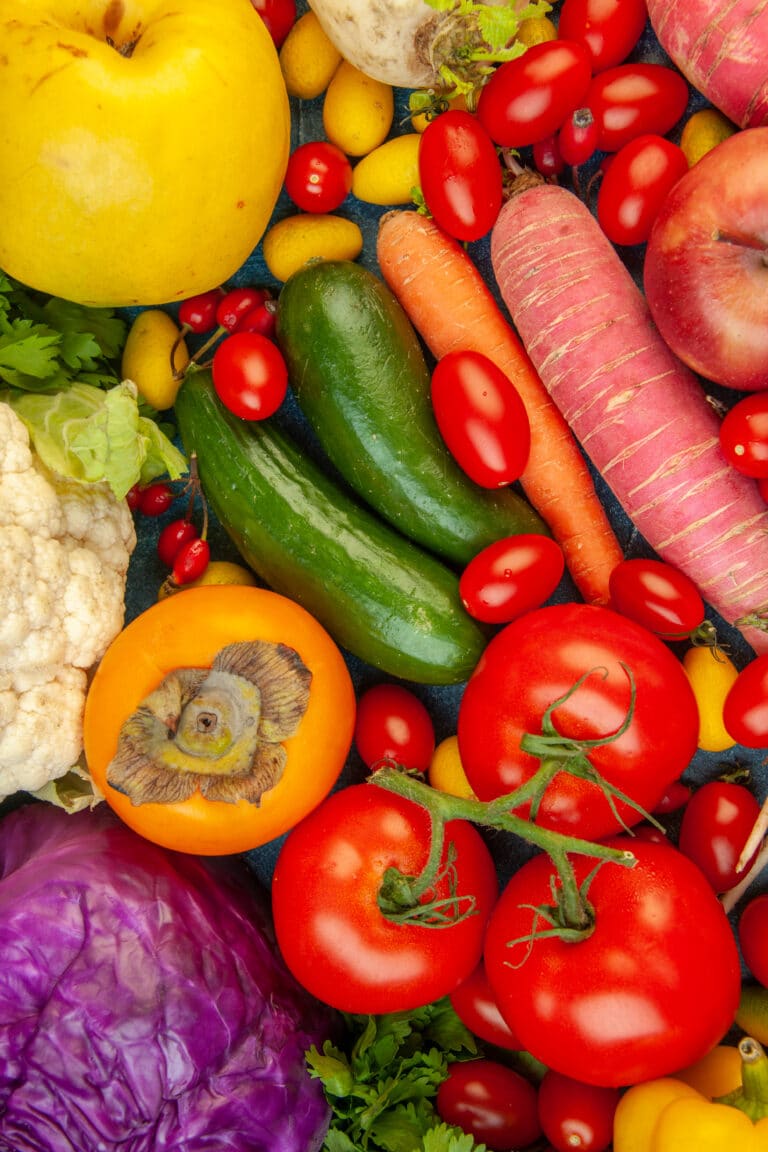Can Beetroot Be Eaten Raw?
Beetroot is becoming increasingly popular among health-conscious eaters. Incorporating beetroot into your diet may come with a whole host of beneficial effects – it’s full of vitamins, minerals, and natural antioxidants that are thought to have the potential to reduce inflammation, lower blood pressure, boost stamina, and improve digestion.
But if you’re wondering how best to get all these benefits from this humble root vegetable — can beetroot be eaten raw?
In this blog post, we’ll uncover what nutrition comes from eating raw beetroots and provide some tips on ways you can add them to your diet in their most natural state. So roll up your sleeves and let’s delve into the question: ‘Can beetroot be eaten raw?’

Contents
Can Beetroot Be Eaten Raw?
Absolutely, beetroot can be eaten raw. When you eat raw beets, you get the full spectrum of their health benefits, which include being rich in dietary nitrates that can boost your workouts.
Choosing beets that are heavy for their size with fresh, unwilted green tops ensures you’re picking nutritious ones.
Can You Eat Beetroot Raw In Salad?
Yes, you can absolutely eat beetroot raw in a salad. Raw beets are not only edible but also highly nutritious. They can add a crunchy texture and vibrant color to your salads.
For the best experience, it’s recommended to shred or spiralize them due to their dense, fibrous nature. Some people even enjoy pairing raw beets with sweet components like apples and carrots.

Can You Eat Raw Beet Greens?
Yes, you can definitely eat raw beet greens. They are completely edible and can be quite nutritious. When the leaves and stems emerge, and the leaves are still small (about 2 inches long), you can trim and eat them raw in salads. They’re delicate and soft, making them a great addition to your meals.
In addition to being eaten raw, beetroot stalks can also be eaten. They are very much edible and can be consumed either raw or cooked. Beet leaves are also delicious when sautéed as a side dish or tossed into a salad.

Can You Eat Raw Beetroot Skin?
Yes, it’s safe to eat raw beetroot skin. The skin of beetroot is not only edible but also contains a variety of nutrients and fiber, much like the beetroot itself. However, some people might find the taste of raw beetroot skin to be too earthy or bitter, and its texture may be hard.
While the skin of some fruits and vegetables may contain harmful toxins, this is not the case with beetroot skin. It’s perfectly safe to consume. However, it’s always a good idea to thoroughly wash the beetroot before consuming it, especially if you plan to eat the skin, to remove any dirt or pesticides.
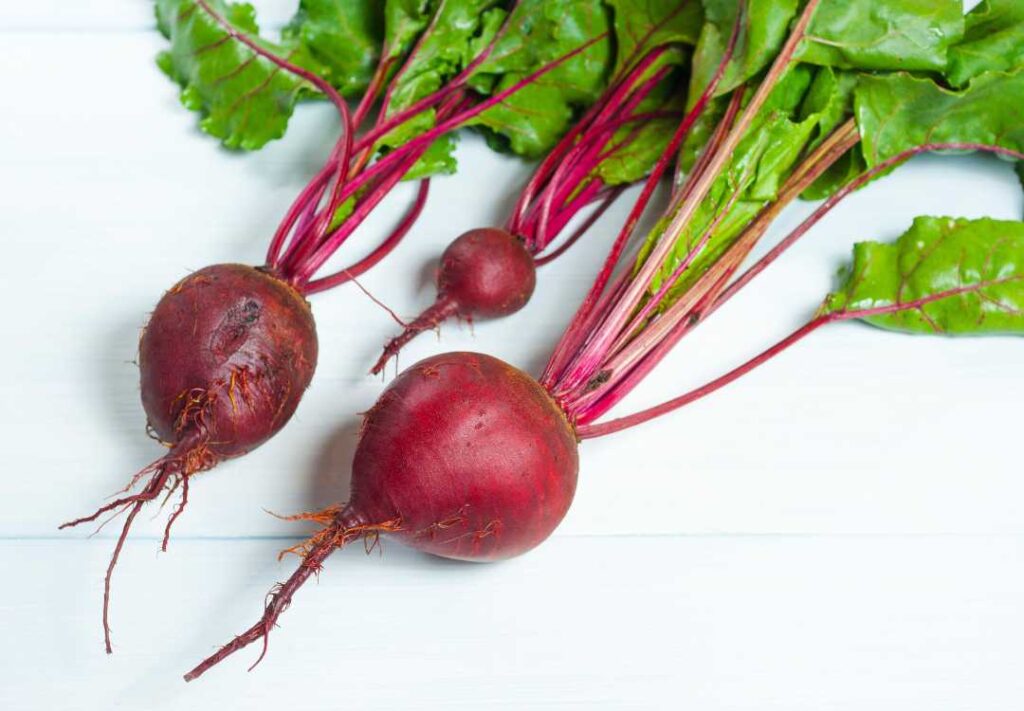
Can You Drink Raw Beet Juice?
Yes! Raw beets, including their leaves and stems, can be juiced to create a delicious and nutritious beverage known as beet juice or beetroot juice.
This vibrant red drink is packed with vitamins and minerals, including folate, manganese, and potassium. It’s also a good source of nitrates, which studies show may support improved athletic performance and lower blood pressure.

Are Canned Beets Good For You?
Canned beets are surely a healthy addition to your diet. They maintain almost the same nutritional value as their fresh counterparts, providing key nutrients like folate, potassium, and iron. Plus, they’re a great source of dietary fiber that benefits digestive health.
While they are slightly higher in sodium, the convenience factor can’t be ignored. Already cooked and ready to use, canned beets save you time and effort in preparation.

Are Pickled Beets Good For You?
Yes, pickled beets can indeed be good for you. Pickled beets contain probiotics like Lactobacillus plantarum that support gut health and digestion.
They also increase levels of glutathione in the body, an antioxidant that plays a significant role in supporting a healthy immune system.

Is Beet Root Powder Good For You?
Beetroot powder, derived from raw beetroots, has become increasingly popular in recent years due to its rich nutrient content. Many people add vibrant powder to smoothies, juice, and even baked goods as a way to boost their intake of vitamins and minerals.
Beetroot powder supports healthy digestion, improves brain function, and enhances athletic performance. So, is beetroot powder good for you? The answer is a resounding yes! Incorporating this colorful superfood into your diet is a delicious way to promote overall well-being.

What Do Raw Beets Taste Like?
If you’ve never tried raw beets before, get ready for a sweet and earthy flavor that is uniquely delicious. Raw beets have a slightly crunchy texture that gives way to a sweet, juicy center.
One word of caution: if you’re not a fan of earthy taste, raw beets may not be for you. However, pairing raw beets with fresh citrus or acid can help balance out the earthy notes.
So, if you’re feeling adventurous, try fresh beets and discover their sweet and savory flavors for yourself.
Read this article on what do beetroots taste like?
Raw Beets Vs. Cooked Beets
Beets are a beloved root vegetable packed with essential nutrients. While some people enjoy eating raw beets, others prefer them cooked. There are certainly some differences between the two:
Nutritional Value
- Raw Beets: Eating raw beets provides the highest nutritional value, containing essential vitamins and minerals such as folate, potassium, iron, and fiber.
- Cooked Beets: Cooking beets reduces some of their nutritional content. However, they are still a good source of antioxidants and fiber.
Taste
- Raw Beets: Raw beets are crunchy and slightly bitter.
- Cooked Beets: The sweetness of cooked beets arises from the breakdown of cell walls during cooking, lending them a delightful flavor profile.
Texture
- Raw Beets: Eating raw beets can provide a crunchy, firm texture.
- Cooked Beets: Cooked beets can become soft, tender, and mushy.
Serving Suggestion
- Raw Beets: Raw beets are best served grated or shaved over salads for added crunch.
- Cooked Beets: Cooked beets can be cooked in a variety of ways, including soup, boiled, steamed, pickled, and roasted beets. Learn how to make Instant Pot Beetroot Soup .
Health Benefits
- Raw Beets: Eating raw beets provides more beneficial nutrients and enzymes than cooked beets. Raw beets are an excellent source of folate, essential for healthy cell growth and development.
- Cooked Beets: Consuming cooked beets can effectively decrease cholesterol levels, as their rich fiber content helps remove excess cholesterol from the body. They are also a good source of vitamins and minerals such as potassium and iron.
Both raw and cooked beets offer valuable health benefits; however, eating raw beets provides the highest nutritional value. Depending on your preference, you can enjoy eating beets either served raw or cooked in a variety of ways.
Health Benefits Of Raw Beets
Eating raw beetroot has a lot of health benefits. It is packed full of healthy nutrients and plant compounds that have been associated with numerous potential benefits:
- Rich In Essential Nutrients: Raw beets are packed with various healthy nutrients that are beneficial for overall health. They are a good source of folic acid, vitamin C, and other essential nutrients. Eating raw beets ensures that you receive these nutrients in their natural form without any loss during cooking.
- Improve Blood Flow: Consuming raw beets or beetroot juice has been associated with improved blood flow and lower blood pressure. Beets are rich in nitrates that the body converts into nitric oxide. Nitric oxide aids to relax and dilate blood vessels, resulting in improved circulation and reduced blood pressure.
- High In Antioxidants: Raw beets are rich in powerful antioxidants, such as betalains, which give beets their vibrant color. According to a study, these antioxidants protect the body against the oxidative stress caused by free radicals and may reduce the risk of chronic diseases.
- Anti-Inflammatory Properties: Beets, including raw ones, possess anti-inflammatory effects due to the presence of betaine and other plant compounds. Chronic inflammation can cause various health problems, including cancer, heart disease, and diabetes. Incorporating raw beets into your diet can contribute to reducing inflammation in the body.
- Cardiovascular Health: The combination of improved blood flow, reduced blood pressure, and antioxidant properties make raw beets beneficial for cardiovascular health. Regular consumption of raw beets lowers the risk of heart disease and enhances overall heart health.
- Digestive System Support: Raw beets are a rich source of fiber, which aids in supporting digestion and maintaining a healthy digestive system. Fiber also prevents constipation and promotes regular bowel movements.
- Natural Sugars: While beets contain natural sugars, their glycemic index is relatively low. This means that the sugars are released into the bloodstream slowly, providing a steady source of energy and preventing rapid spikes in blood sugar levels. Consuming beets raw can be a healthier alternative to processed sugary snacks.
- Potential Anti-Cancer Benefits: The unique combination of antioxidants, anti-inflammatory compounds, and other plant nutrients in raw beets may have potential anti-cancer effects. While more research is needed, preliminary studies suggest that beetroot extract may inhibit the growth of certain types of cancer cells.
5 Best Ways To Eat Beets Raw
Eating raw beets can be a nutritious addition to your diet. Here are some popular ways to enjoy them:
- Add To Smoothies: Raw beets can be added to smoothies for a naturally sweet kick. They also lend a beautiful color to your blend.
- In Salads: Thinly sliced raw beets make a great addition to salads. They add a refreshing crunch, and their unique, earthy taste can complement a variety of other salad ingredients.
- As A Snack: Thinly sliced beets can be enjoyed as a snack on their own. You can also try spiralizing them and including them in bowls or noodle dishes for a vibrant, healthful twist.
- Juice Them: Raw beetroot juice is another way to consume this vegetable. It’s a concentrated source of nutrients and can be mixed with other fruit juices for flavor.
- Grated Into Dishes: Fresh, raw beets can be finely grated into salads for color or used as a garnish for soups. They can also add vibrant color and extra crunch to sandwiches or grain bowls.
Get more Beetroot Recipe Ideas!
How Often Can You Eat Raw Beetroot?
Like any food, variety is important. Therefore, even though beetroot is healthy, it’s not recommended to eat it in more quantity every single day as it could disrupt digestive bacteria.
It’s also worth noting that beets are high in the compound oxalate, so eating too many can contribute to kidney stone formation. To prevent this, limiting your daily intake of beets to a single serving of half a cup is recommended.
Who Should Not Eat Raw Beetroot?
Certain individuals should avoid eating raw beetroot due to its high oxalate content and potential impact on blood pressure. These include:
- People With Kidney Disease Or A History Of Kidney Stones: Beetroot is high in oxalates, which can cause the formation of kidney stones. If you’ve had kidney stones in the past, it might be best to avoid beets or only consume them occasionally.
- Individuals With Gout Or Rheumatoid Arthritis: The oxalates in beetroot can also exacerbate symptoms in people with gout or rheumatoid arthritis.
- Those With Low Blood Pressure: Beetroot has been shown to lower blood pressure. While this can be beneficial for people with high blood pressure, it could potentially cause problems for those who already have low blood pressure.
- People On Certain Medications: Beetroot is rich in nitrates, which can interact negatively with certain blood pressure medications, leading to a severe drop in blood pressure.
So, Can Beetroot Be Eaten Raw?
In conclusion, raw beetroot is full of essential vitamins and minerals that benefit overall health. It contains nitrates and antioxidants, which can help to improve blood flow, reduce inflammation, and protect against chronic diseases.
Eating raw beets in moderation can be a healthy addition to your diet, but it’s important to keep in mind that certain individuals should avoid them due to their potential impact on blood pressure and oxalate levels.
With that being said, adding raw beets to your diet can provide powerful health benefits and be a delicious way to get more nutrients into your daily routine.
